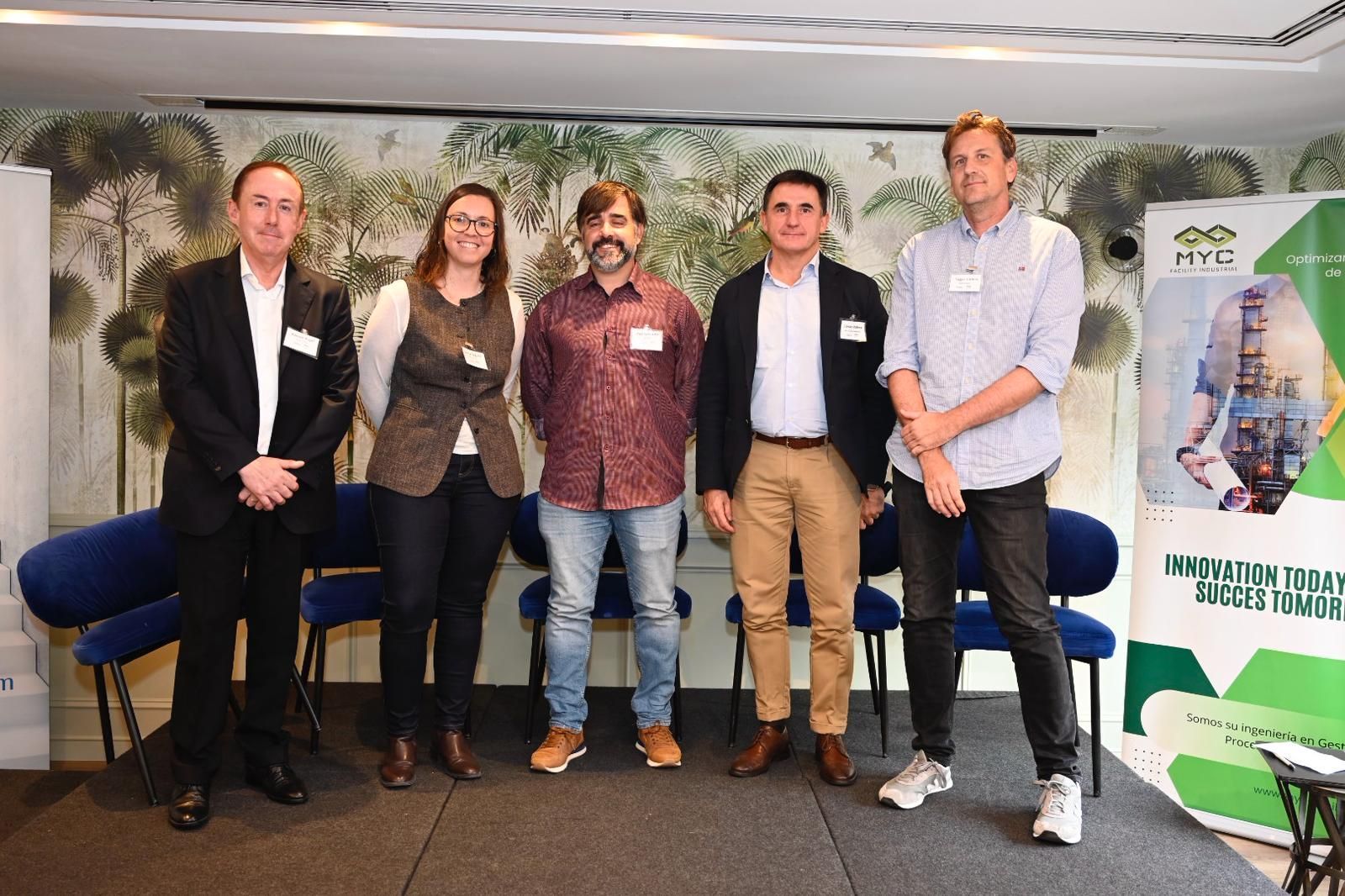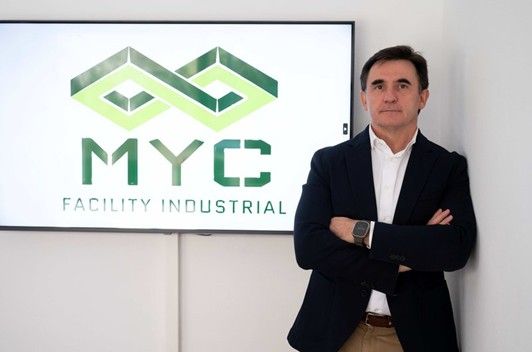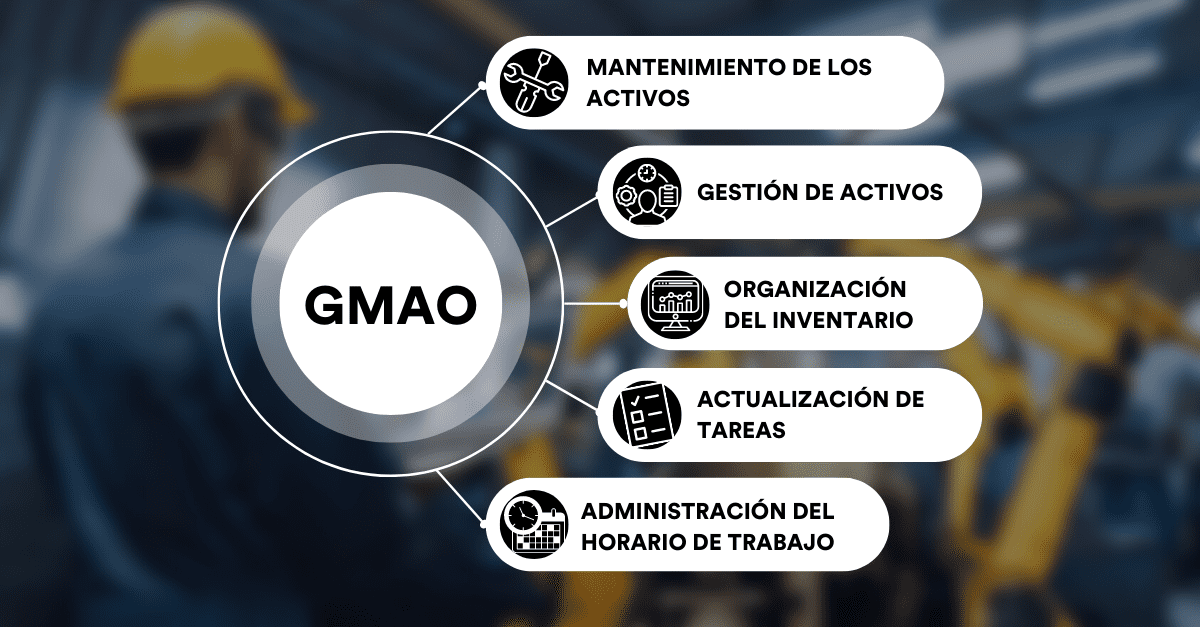Featured articles...
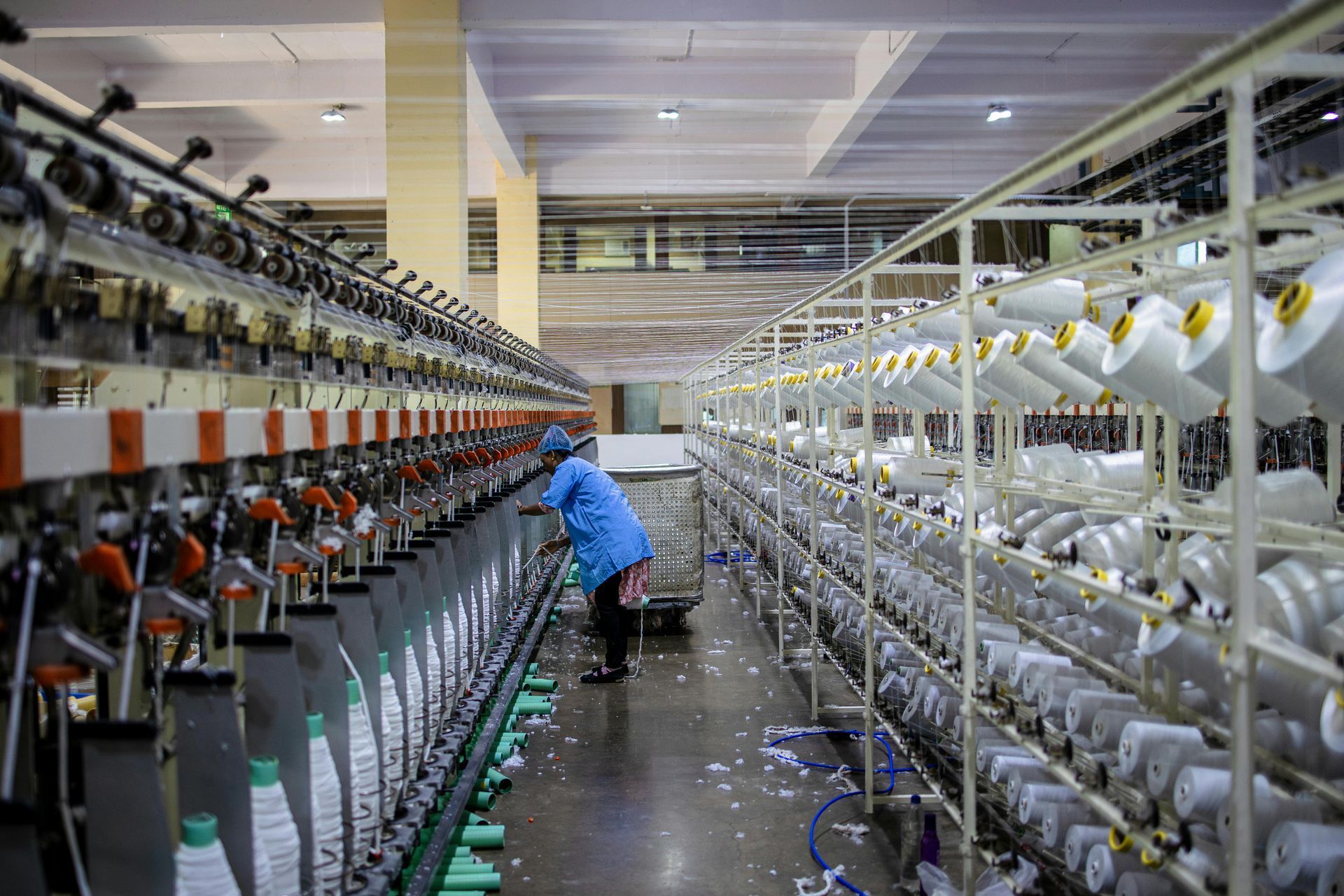
Industrial maintenance is a key pillar for the proper functioning of any factory or production line. In a world where a lack of professionals and poor internal communication can jeopardize a company's operations, MYC Facility Industrial emerges as a comprehensive solution that combines a technical approach with innovative human resources management.
It's Summer and it's time to see what has been done in the last months in order to gain strength for the following months, which are also very promising for MYC. That is why we take the opportunity to recall and publish our first BUSINESS BREAKFAST whose content line was "Digital Transformation as a response to operational challenges in the pharmaceutical industry". Last May 28, MYC FACILITY INDUSTRIAL organized this Business Breakfast, co-organizing it with SOLVE ADVISORS GROUP and Cohesive. We had the pleasure of having as speakers Belén Izquierdo Calvo from Kern Pharma (who explained the Digital Transformation process of his company) and Xavier Fondevila from Almirall (who explained his digital transformation process especially in the field of maintenance). Then we had a Round Table to which they added: - Manuel Járrega Domínguez Innovation and Digital Transformation Cluster Leader at Schneider Electric as moderator - Carlos Valera Cavaller, CEO of MYC FACILITY INDUSTRIAL. - Sàgar Valero Director at SOLVE ADVISORS GROUP i - Jose Pedro Inestal Muñoz Director of Cohesive Spain. Ending with a networking space. We want to thank the speakers for being with us and all the attendees who made the effort to be at this event, participating and sharing experiences. This is the first of many events that we will do for the pharmaceutical industry and other segments. We want to launch these forums where we can share visions, problems and solutions. Stay tuned, we will announce the next MYC BUSINESS BREAKFAST soon !!!
The developers of RCM took the unusual view that the goal of computer maintenance should be to keep the computer doing what its users want it to do, rather than preventing failures for the sake of preventing failures. With this emphasis on preserving what the user wants, one definition of RCM is: A process used to determine what needs to be done to ensure that any physical asset continues to do what its users want it to do in its current operating context. It is therefore not surprising that determining the operating context and what the user wants the equipment to do is the starting point for the RCM process, which is applied by asking and answering the following seven questions: • What are the functions and associated performance standards of the asset in its current operating ? • In what way does it not fulfill its functions? • What causes each functional failure? • What happens when a failure occurs? • How does each failure matter? • What can be done to predict or prevent each failure? • What should be done if a suitable proactive task cannot be found? SELECTION OF MAINTENANCE TASKS Once each failure mode has been categorized according to failure consequences, structured decision logic is used to select maintenance tasks. The RCM decision logic first looks to see if it is appropriate to perform a scheduled task to predict when the failure mode will occur. If such a task is not appropriate, RCM then considers whether the failure should be prevented by periodic restoration of the element's original strength before it fails, and if not, whether a scheduled replacement of the element (before it fails) is appropriate. Failure Prediction: This involves monitoring the equipment to identify a detrimental change (ie, a warning) that indicates the failure is in the process of occurring (early enough that action can be taken before the failure actually occurs). This is known as condition-based maintenance or condition monitoring. The frequency with which the equipment should be monitored is governed by the time it would take from when the warning can be identified to the point where total failure occurs. This is illustrated in the following diagram: warning is displayed at point P (potential failure) and total failure occurs at point F (functional failure).
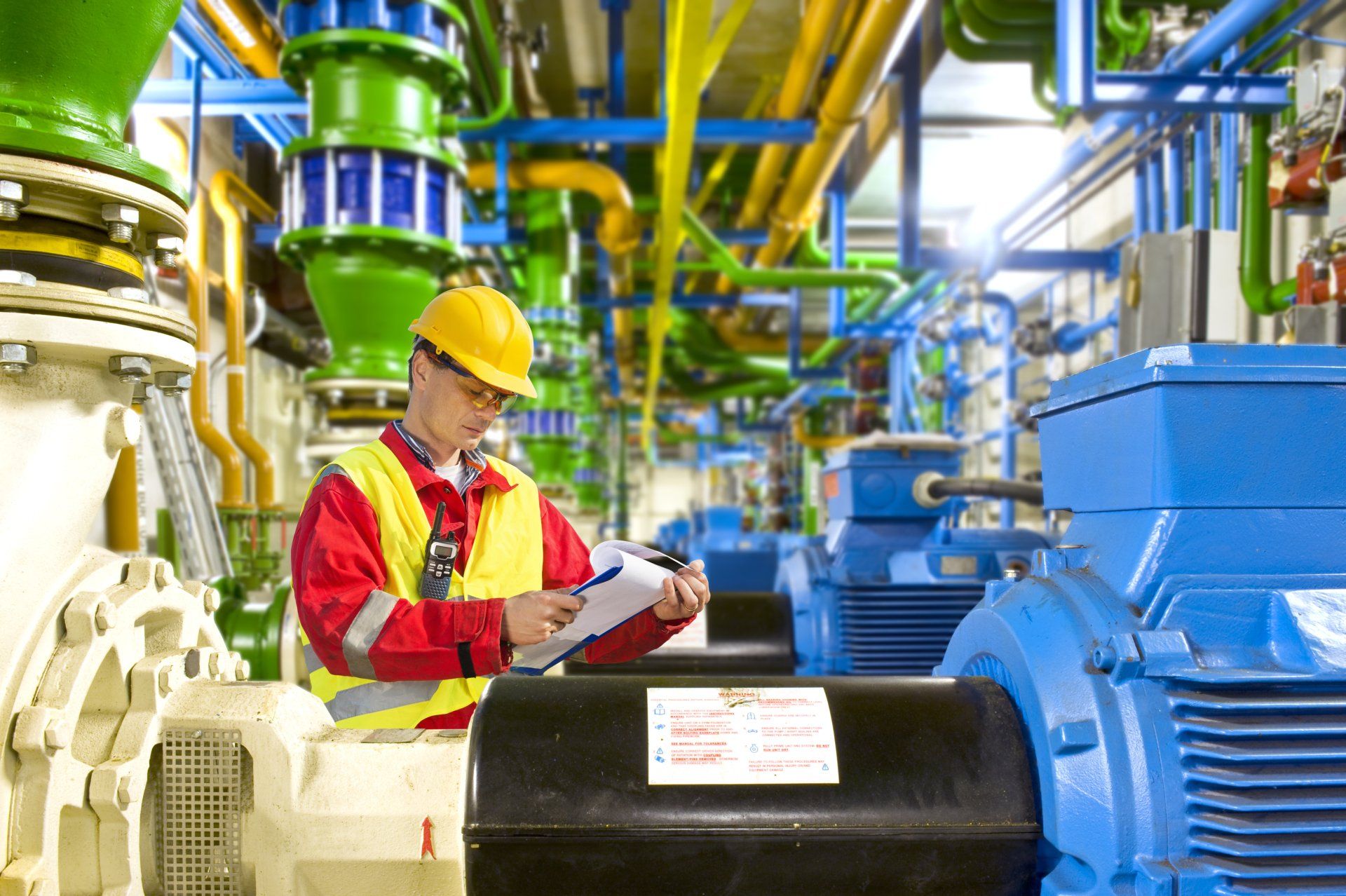
When preparing a maintenance plan, we must take into account many factors, work to be carried out, intervals thereof, costs, downtime, resources, etc. All this without taking into account the new predictive technologies, digitization, digital twins, augmented reality... We believe that as we prepare the plan we must take into account the technical profiles that we have or those that we must hire. We can draw up a very ambitious strategic plan, but if for this we need profiles that we do not have to carry it out or the costs to acquire them are not affordable, it will remain in a drawer. New technologies go faster than the labor market. We usually think of preventing everything possible, but we must not forget the day-to-day reality, in those unforeseen stoppages where the experience of the staff we have on the plant makes them as least damaging as possible to production. It is very important today to value the people we have in our plants and assess their ability to react at all times.

We are witnessing a paradigm shift in what companies ask of maintenance managers. Today, a profile that manages maintenance as a business as well as a technical discipline is increasingly needed. This need arises from the need for companies in a competitive environment to optimize their costs and their management, but also to assess what their real cost is over time. Not long ago, maintenance was based on OPEX or the current cost of maintenance operation. However, major investments must be made in the facilities every few years to update them (for example, the overhaul of a gas turbine). Therefore, the concept of TCO or Total Cost of Ownership arises, which integrates during the life of the installation the cost of maintenance plus the periodic capital investments necessary to update it. Therefore, we are now moving on to the need for the maintenance manager to manage this situation as Asset Management. Here the responsibility and skills of the maintenance manager must be increased by becoming an Asset Manager or, in fact, a Facility Manager. The regulations go in this direction. The standards that are relating maintenance to asset management or Asset Management are: · UNE-EN 15341: 2020 Maintenance. Maintenance key performance indicators. · UNE-EN 16646: 2015 Maintenance. Maintenance in the management of physical assets. · UNE-EN 17007:2018 Maintenance processes and associated indicators. . CEN/TS 17385:2019 Method for condition assessment of immobile assets constructed · UNE EN 17485 Maintenance- Maintenance within the framework of the management of physical assets. - Framework for improving the value of physical assets throughout their life cycle . prEN 17666 Maintenance - Maintenance engineering - Requirements In this blog we will highlight UNE-EN 16646: 2015 Maintenance. Maintenance in the management of physical assets The standard describes the relationship between maintenance and asset management. It describes how the organization should be implemented for companies to manage the asset during its life cycle and the maintenance responsibilities on it.





